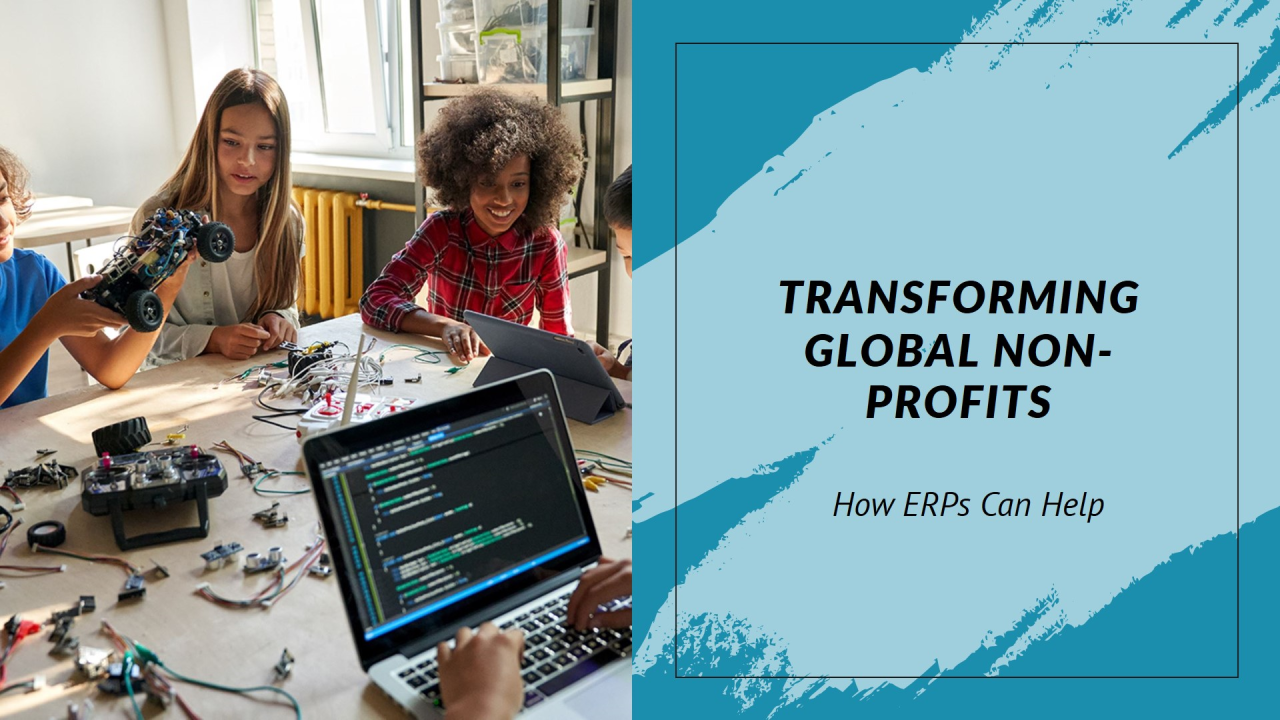Introduction
Non profit organizations operate in a complex and dynamic environment, where they have to manage multiple projects, donors, volunteers, and stakeholders across different regions and cultures. They also face challenges such as limited resources, regulatory compliance, transparency, and accountability. To overcome these challenges and achieve their mission, non profits need to adopt efficient and effective systems that can streamline their operations, optimize their performance, and enhance their impact. One such system is an enterprise resource planning (ERP) software, which is a comprehensive and integrated solution that can manage all aspects of a non profit’s business, from finance and accounting, to human resources and fundraising, to project management and reporting.
Nightmares without ERPs
Without an ERP system, non profits can face many nightmares that can jeopardize their success and sustainability. Some of these nightmares are:
- Lack of visibility and control over financial data, leading to errors, fraud, and mismanagement of funds.
- Inability to track and report on project progress, outcomes, and impact, leading to poor performance, donor dissatisfaction, and loss of funding.
- Difficulty in managing multiple currencies, tax laws, and regulations, leading to compliance risks, penalties, and reputational damage.
- Waste of time and resources on manual and redundant processes, leading to inefficiency, duplication, and frustration.
Difficulty in collaborating and communicating with internal and external stakeholders, leading to silos, conflicts, and missed opportunities.
Key Takeaways with ERPs
By implementing an ERP system, non profits can avoid these nightmares and enjoy many benefits that can transform their organization and increase their impact. Some of these benefits are:
- Budgeting and managing funds more effectively, by having real-time and accurate financial data, automated workflows, and improved forecasting and planning.
- Providing correct information to donors and volunteers, by having a centralized and accessible database, customized dashboards, and automated reports.
- Reporting more accurately, by having standardized and consistent data, integrated and flexible reporting tools, and compliance with donor and regulatory requirements.
- Centralizing data, by having a single and secure source of truth, eliminating data silos and discrepancies, and enhancing data quality and integrity.
- Managing donor memberships more efficiently, by having a CRM module that can track and manage donor interactions, preferences, and contributions, and provide personalized and timely communication and engagement.
Conclusion
ERPs can transform global non profits by enabling them to manage their operations, performance, and impact more efficiently and effectively. However, not all ERP systems are created equal, and non profits need to choose a system that is tailored to their specific needs and challenges. Sunbridge Software Service is a leading provider of ERP solutions to non profits, with over 20 years of experience and expertise in the sector. Sunbridge Software Service can help non profits to implement and customize an ERP system that can meet their unique requirements, goals, and budget, and provide them with ongoing support and training. To learn more about how Sunbridge Software Service can help your non profit organization, contact us today.




